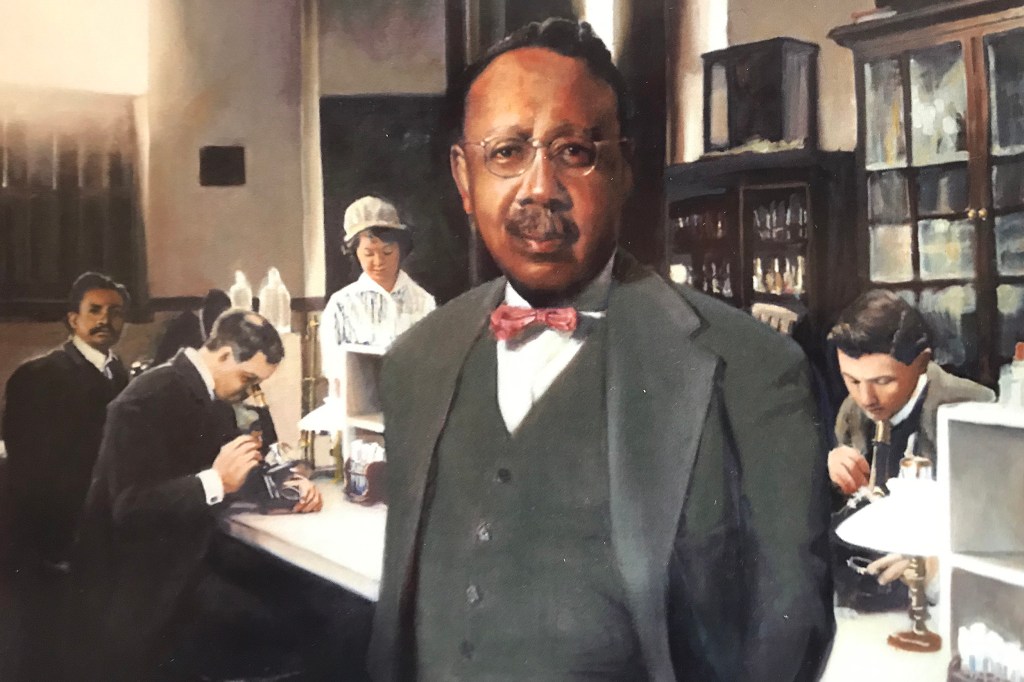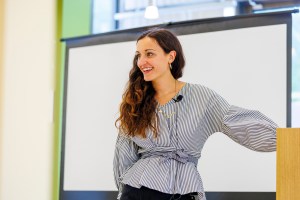The Quest for Racial Justice
Stories containing Harvard insights and coverage of the movement against systemic racism in America
-
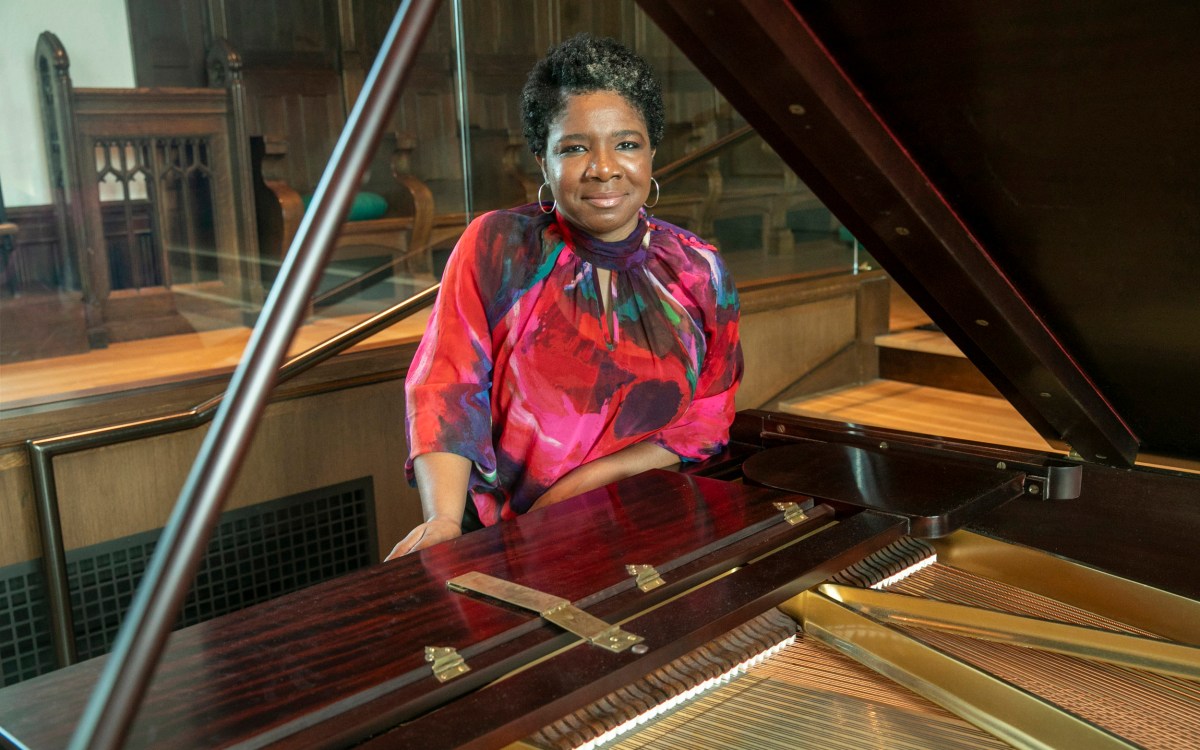 Arts & Culture
Arts & CultureHow music powers protest
The struggle for racial justice has always had a soundtrack. Charrise Barron explores its evolution from gospel to hip-hop.
-
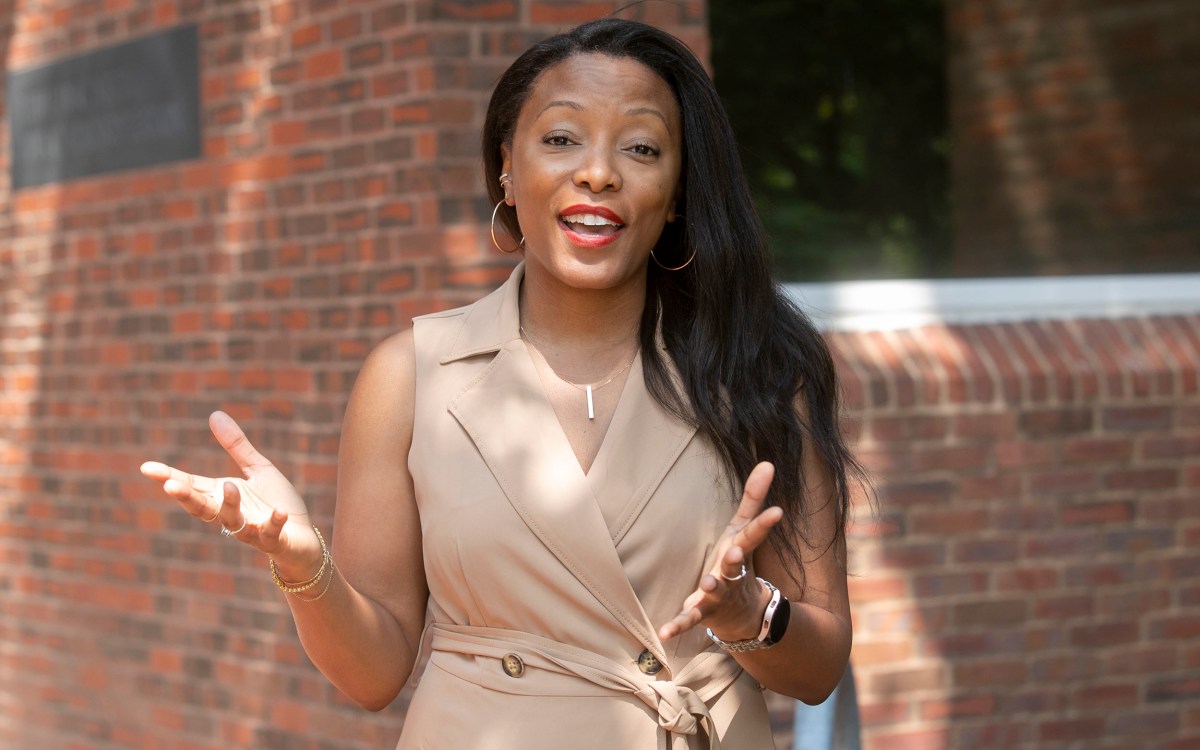 Nation
NationWhen mixed-race couples talk about race
New study finds duration of relationship affects comfort level of Black women in discussing topic with white male partners.
-
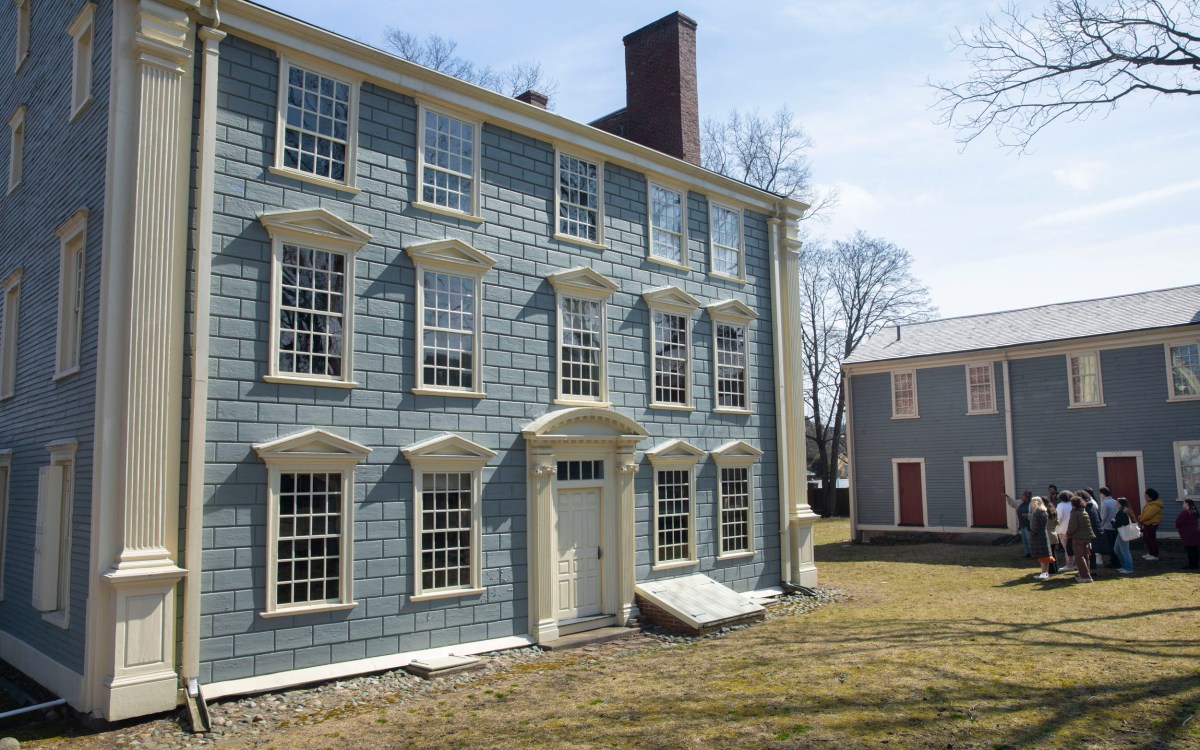 Campus & Community
Campus & CommunitySaying their names, remembering their lives
Harvard strengthens research, educational ties with Royall House and Slave Quarters in Medford.
-
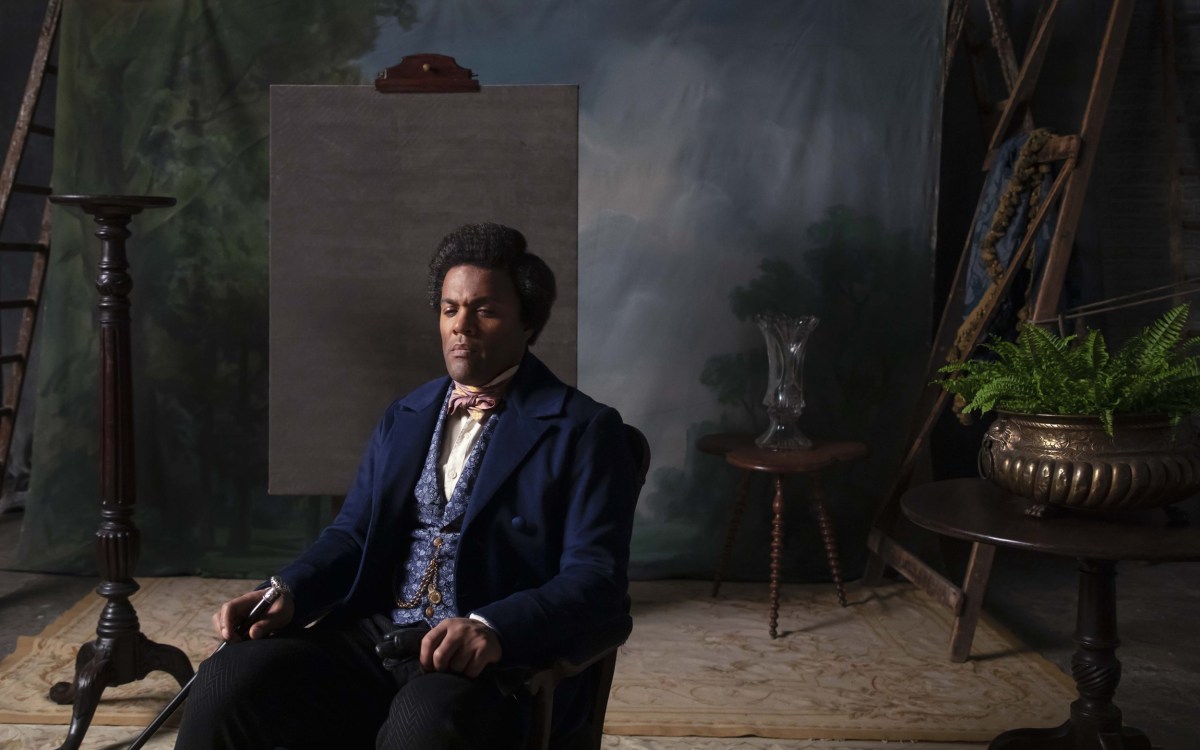 Arts & Culture
Arts & CultureFrederick Douglass as 19th-century influencer
A Wadsworth Atheneum show, curated by Sarah Elizabeth Lewis and Skip Gates, explores Douglass’ embrace of the emerging art of photography.
-
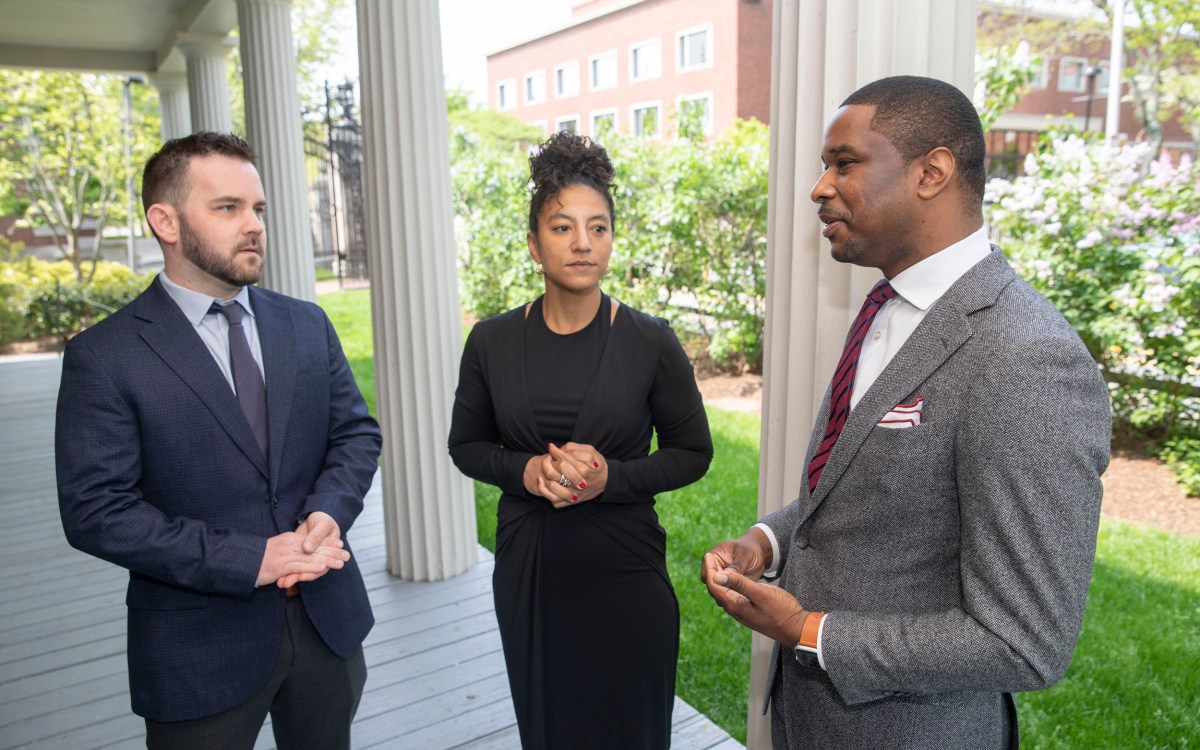 Nation
NationCOVID prison releases expose key driver of racial inequity
As the incarcerated population dropped overall, the proportion of Black prisoners rose. Researchers point to unequal sentencing.
-
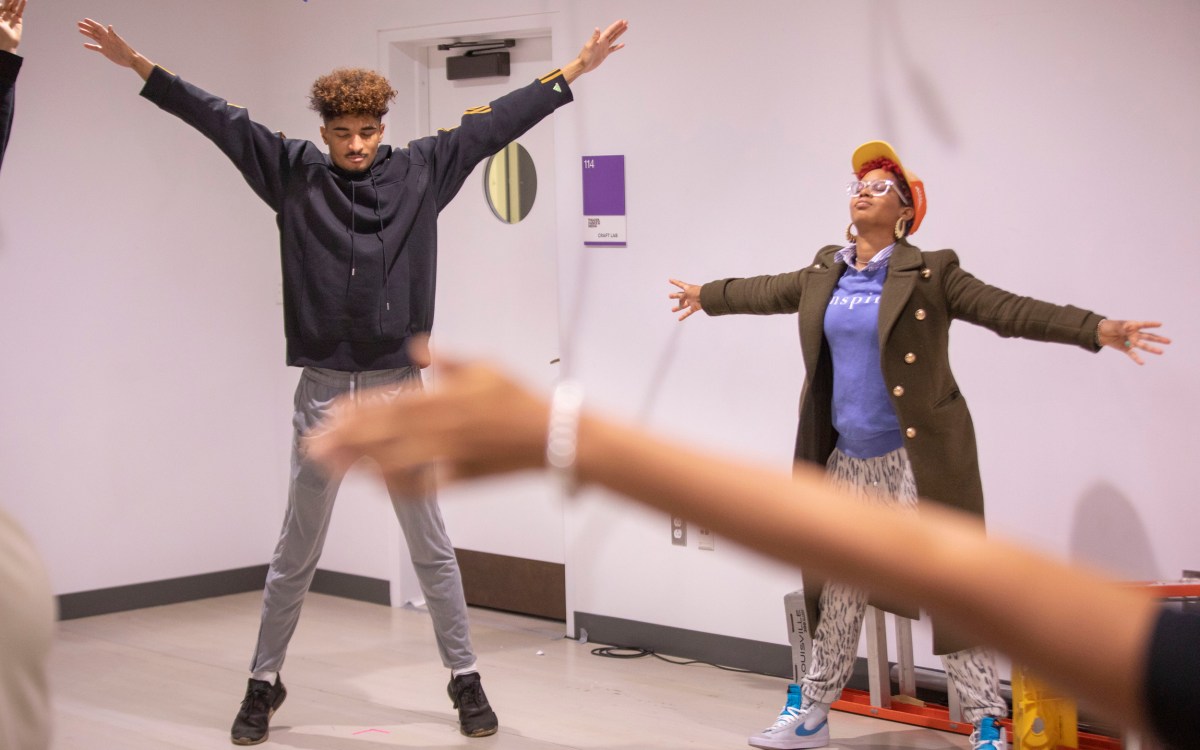 Campus & Community
Campus & CommunityTransforming breath to activism
Theater, Dance & Media course, rooting in issues surrounding death of Eric Garner, blends ritual, meditation, reading, “radical dialogue.”
-
A poem for Venus
In her poem “The Story of Venus,” Suzannah Omonuk imagines what life may have been like for the young enslaved woman living on campus in the 18th century.
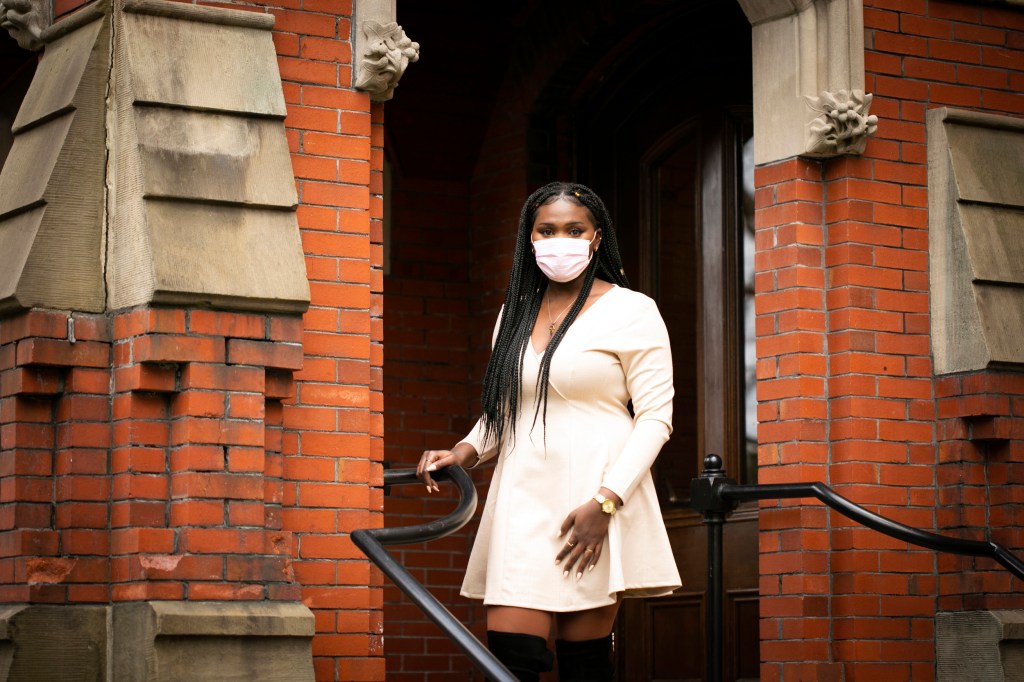
-
Recovering the life stories of the Zealy daguerreotype subjects
Gregg Hecimovich, a Furman University English professor, is working to recover the stories of the Zealy daguerreotypes, which depict enslaved Africans in 19th-century America.
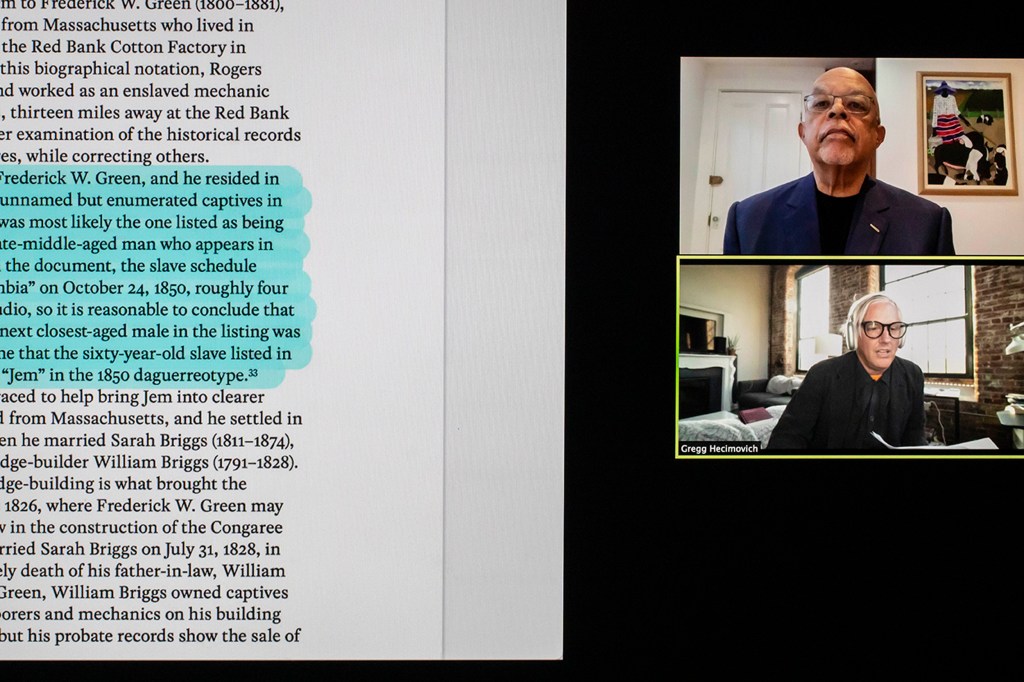
-
Retracing steps to anti-Asian racism
As Asian Americans face random acts of violence, a symposium looks at centuries of entrenched racism, much of which has been fostered, if not engendered, by the media and the fears of white America.
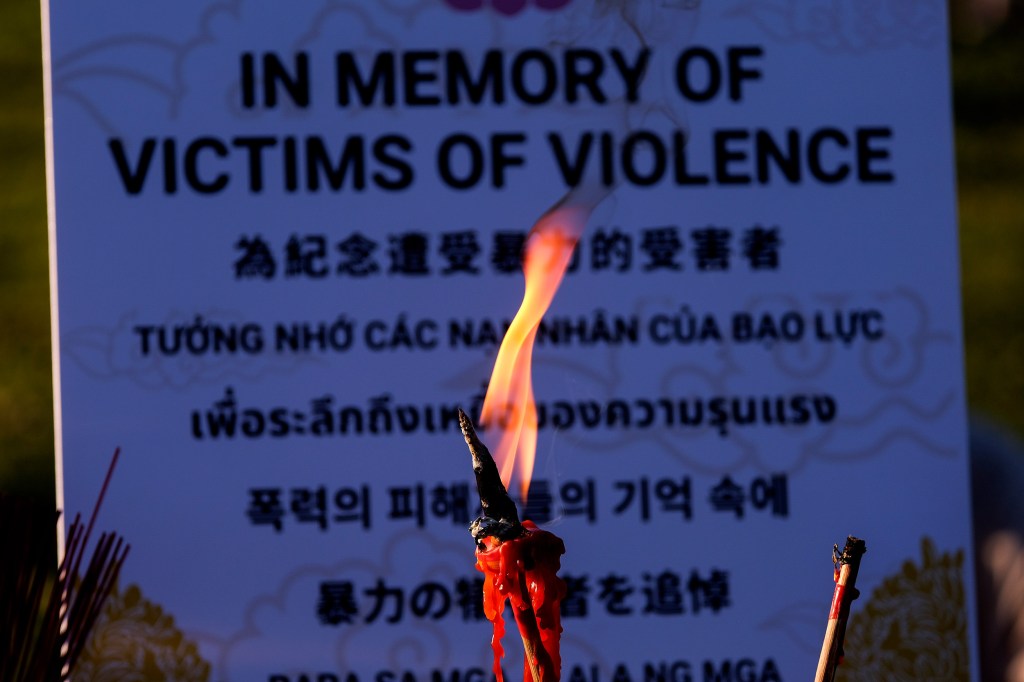
-
Agassiz’s other photographs tell a global tale of scientific racism
In 1865, Harvard Professor Louis Agassiz traveled to Brazil to create a photographic catalog of people of different races as anatomic evidence in support of his beliefs. Scholars, artists, and curators from Brazil and the U.S. will reflect on these lesser-known images during a panel discussion called “Race, Representation, and Agassiz’s Brazilian Fantasy” hosted by the Peabody Museum.
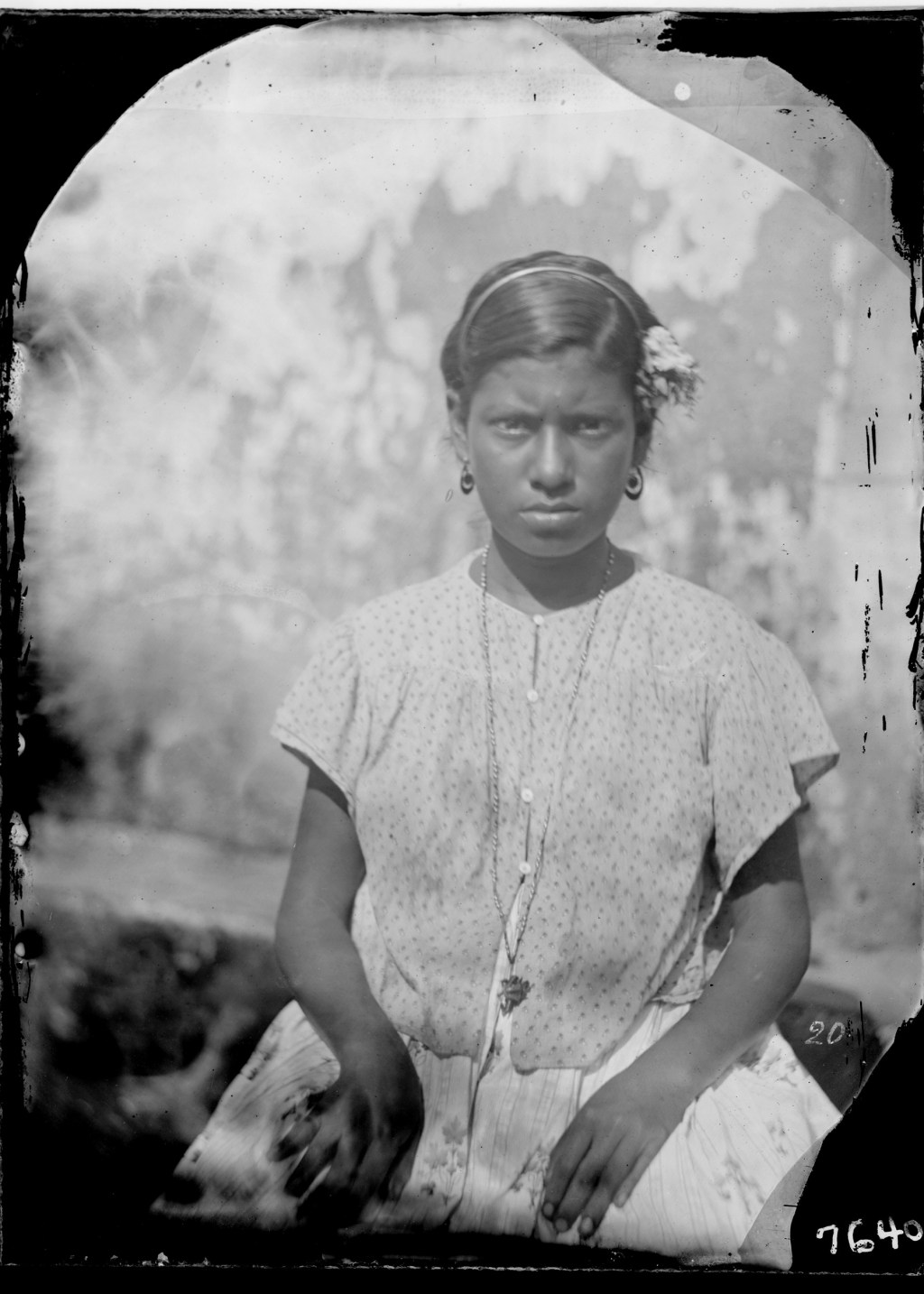
-
The scapegoating of Asian Americans
Anti-Asian hate crimes were on the rise in the wake of the COVID-19 public health crisis, but after the Atlanta shootings that left eight people dead, six of them women of Asian descent, there is renewed sense of urgency to denounce racism and scapegoating.
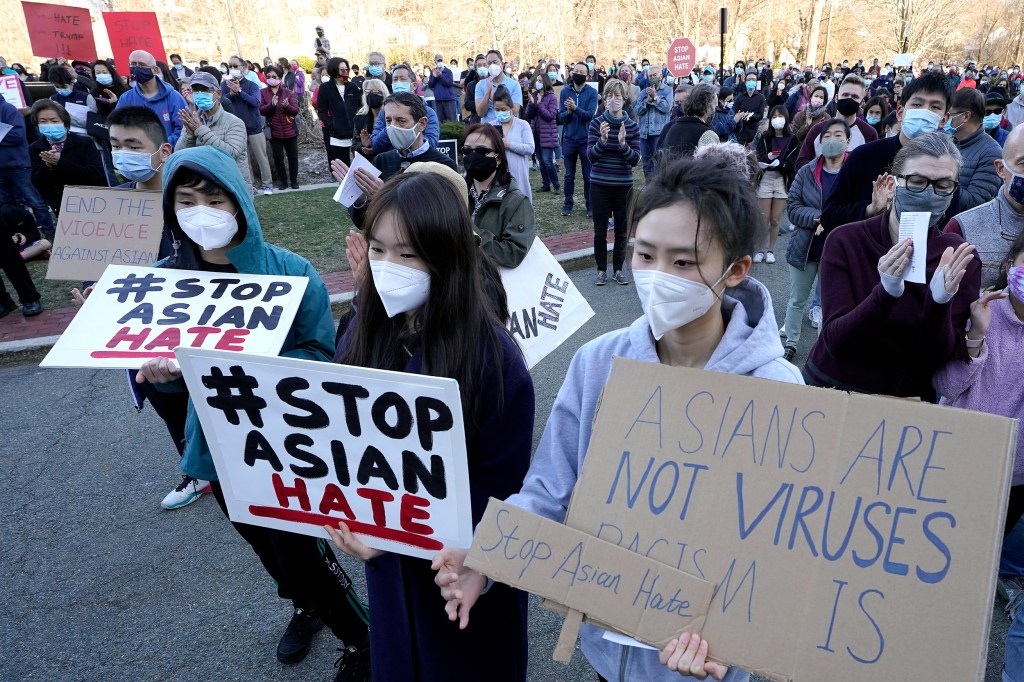
-
Racism, far before slavery
At a Harvard Lecture, Wellesley College Professor Cord J. Whitaker discusses Black history beyond beyond chattel slavery in the Americas.
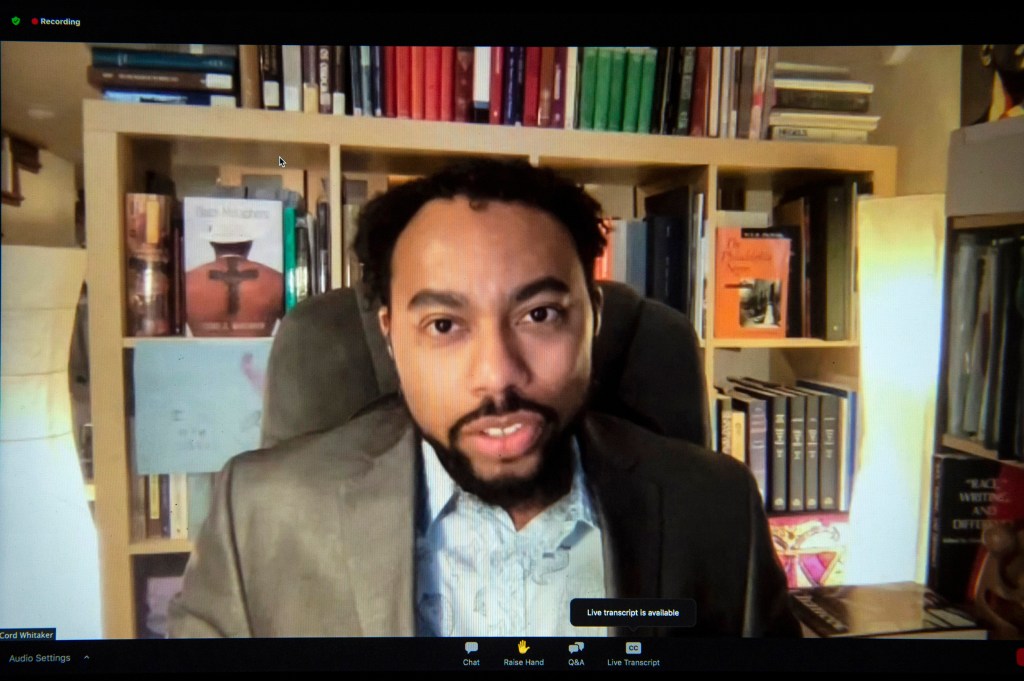
-
Houghton acquires 1st edition of 1st African American novel
Through the efforts of Harvard’s Henry Louis Gates Jr., the Houghton Library has acquired a first edition of the first novel published by an African American in the U.S.
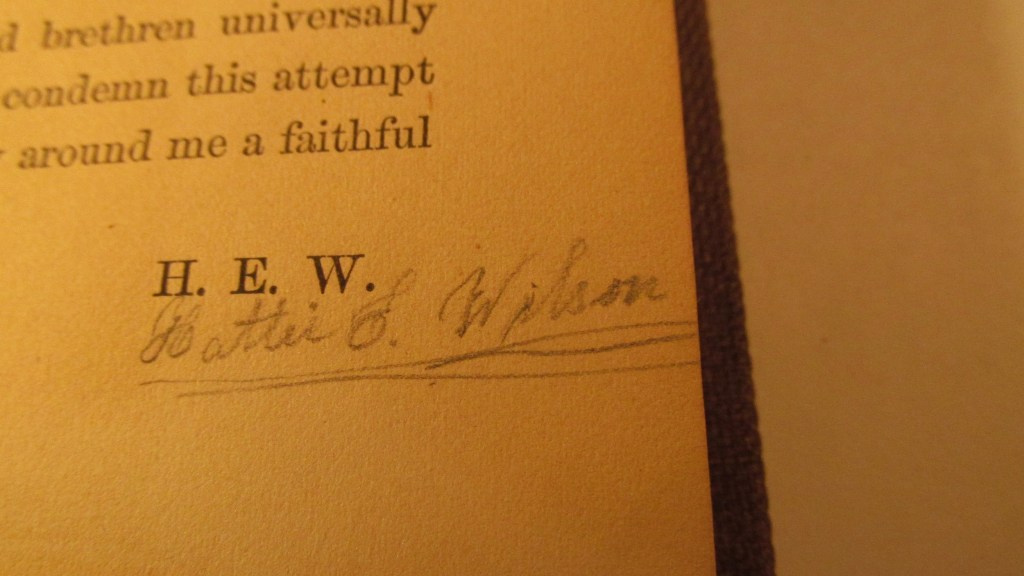
-
Just a misdemeanor? Think again
Criminal justice expert Alexandra Natapoff wrote a book about how the misdemeanor system punishes the poor and people of color. The book has inspired a documentary film, which will be released on March 11.
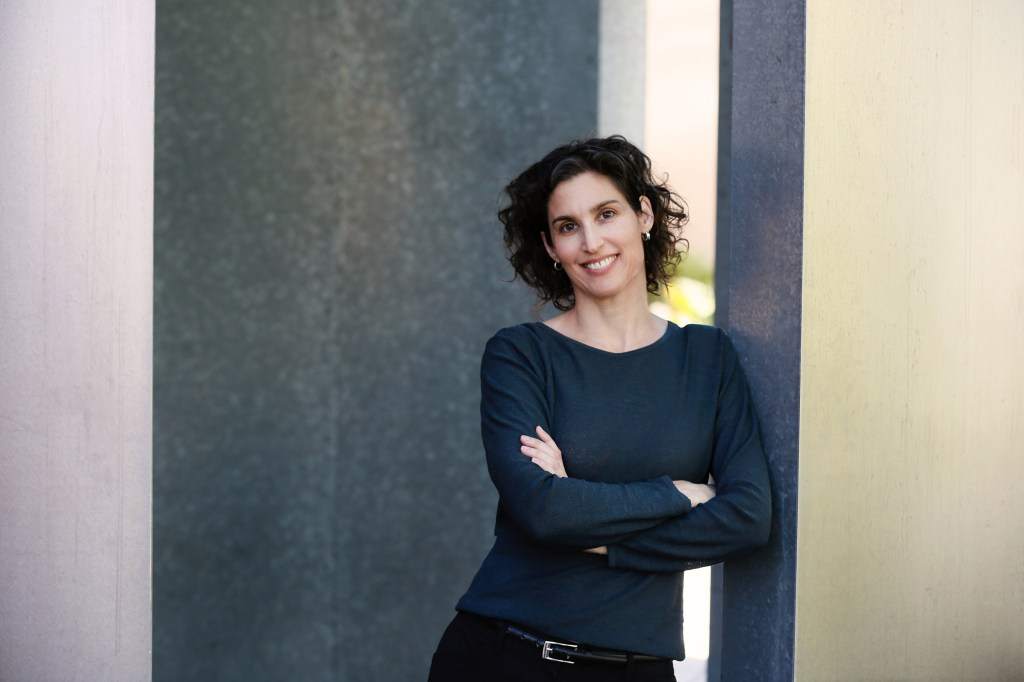
-
A key to ending racism: Make it personal
In his new book, “The Conversation: How Seeking and Speaking the Truth About Racism Can Radically Transform Individuals and Organizations,” Robert Livingston of the Harvard Kennedy School argues that racism can be battled with constructive dialogue.
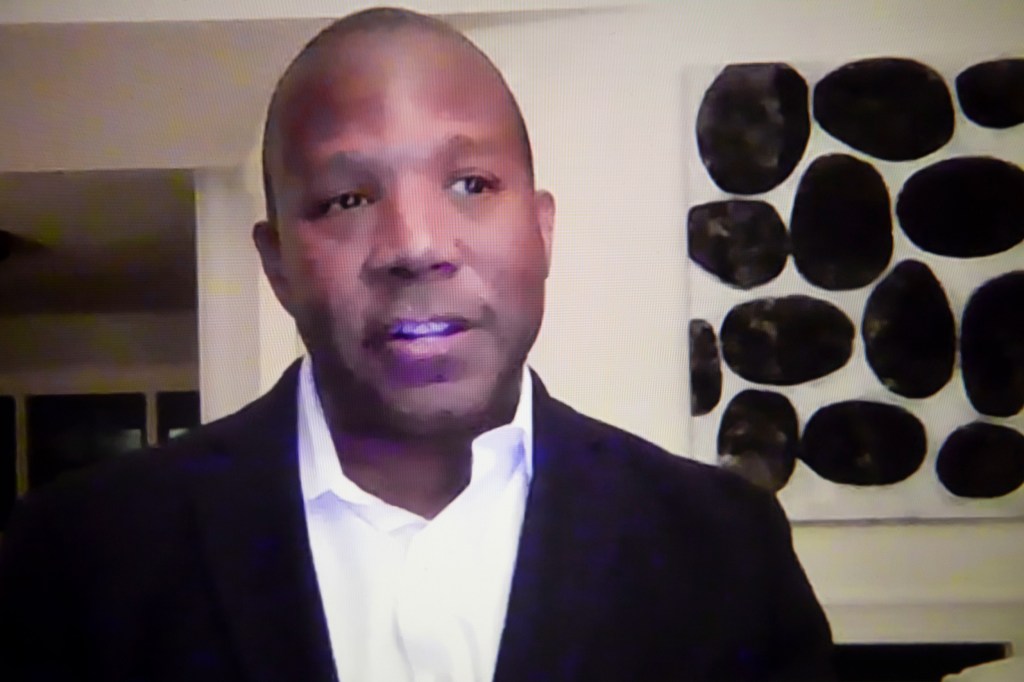
-
‘Black & Jewish Talk Series’ starts with ‘A Conversation’
The Center for Jewish Studies and the Hutchins Center for African & African American Research debut their “Black & Jewish Talk Series” with “A Conversation.”
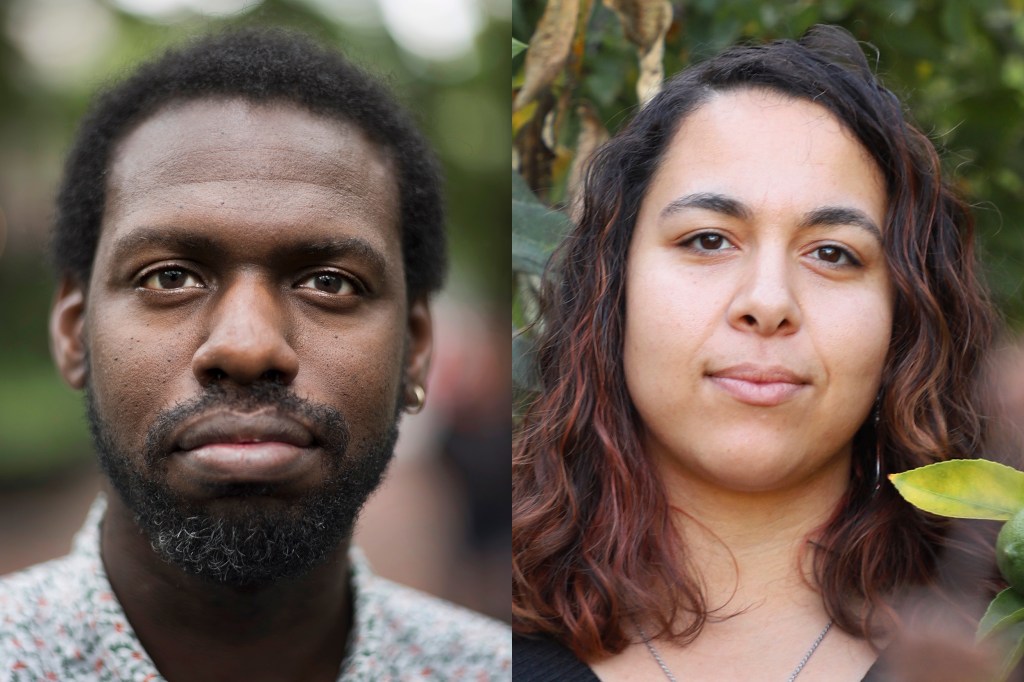
-
Black voters take the wheel
Voting rights activist LaTosha Brown explains how decades of painstaking activism culminated in Black voters’ decisive and historic role in the 2020 election.
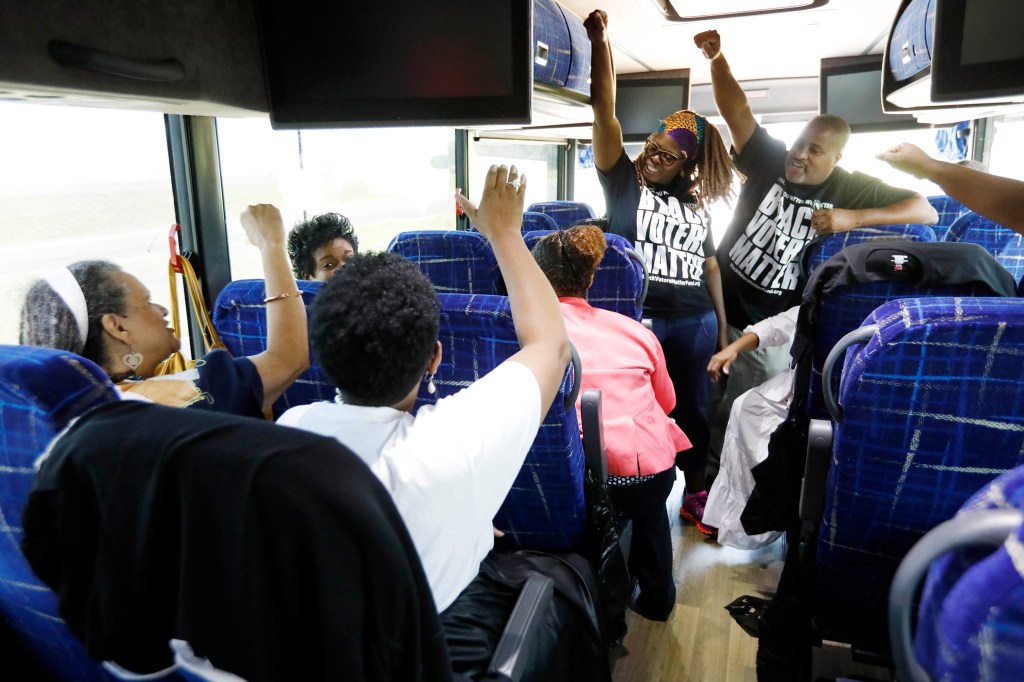
-
Taking systemic racism from a solvable problem to an achievable solution
At a Kennedy School talk, lecturer Robert Livingston outlined ways organizations can help lessen racism.
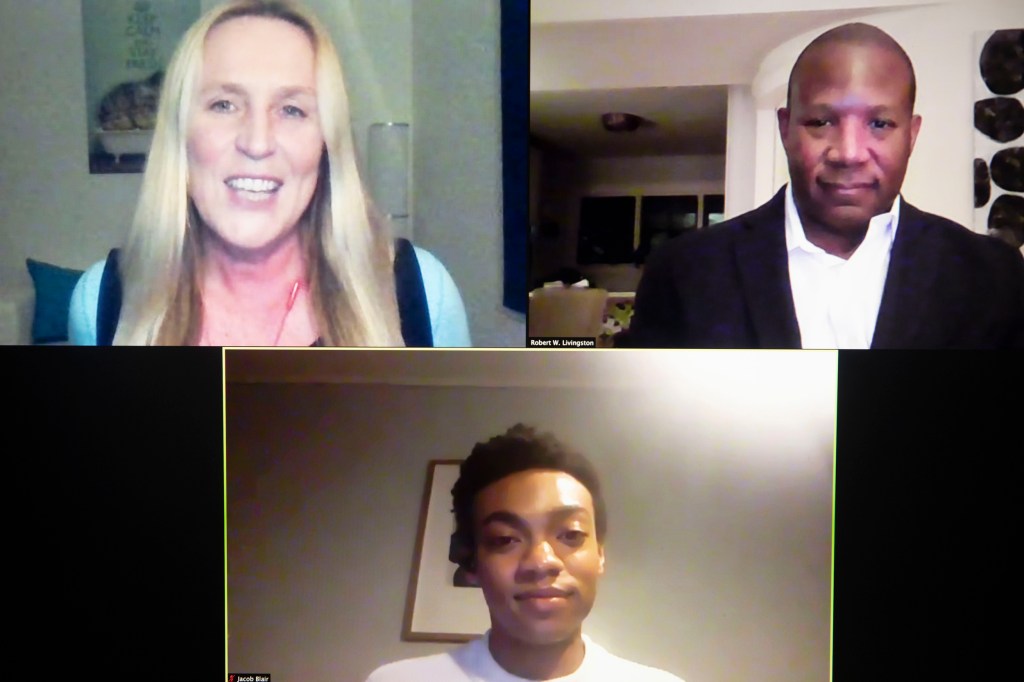
-
Young, athletically gifted, and Black — at Harvard
An all-star panel of former University athletes came together in a Black Varsity Association Zoom event to discuss the impact of race on the college and professional sports worlds.
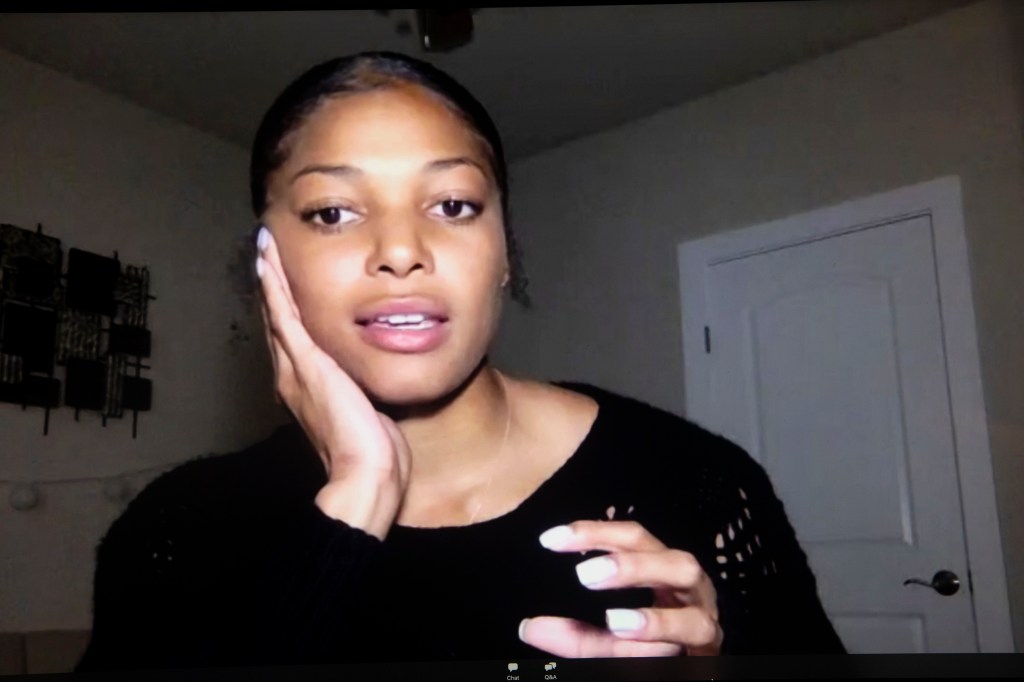
-
An unflinching look at racism as America’s caste system
Kicking off a monthly series designed to harness “the power of storytelling,” was Pulitzer Prize-winner Isabel Wilkerson, author of “Caste: The Origins of Our Discontents.”

-
Making higher education anti-racist
Antiracist scholar Ibram X. Kendi took part in the online discussion about antiracism in higher education.
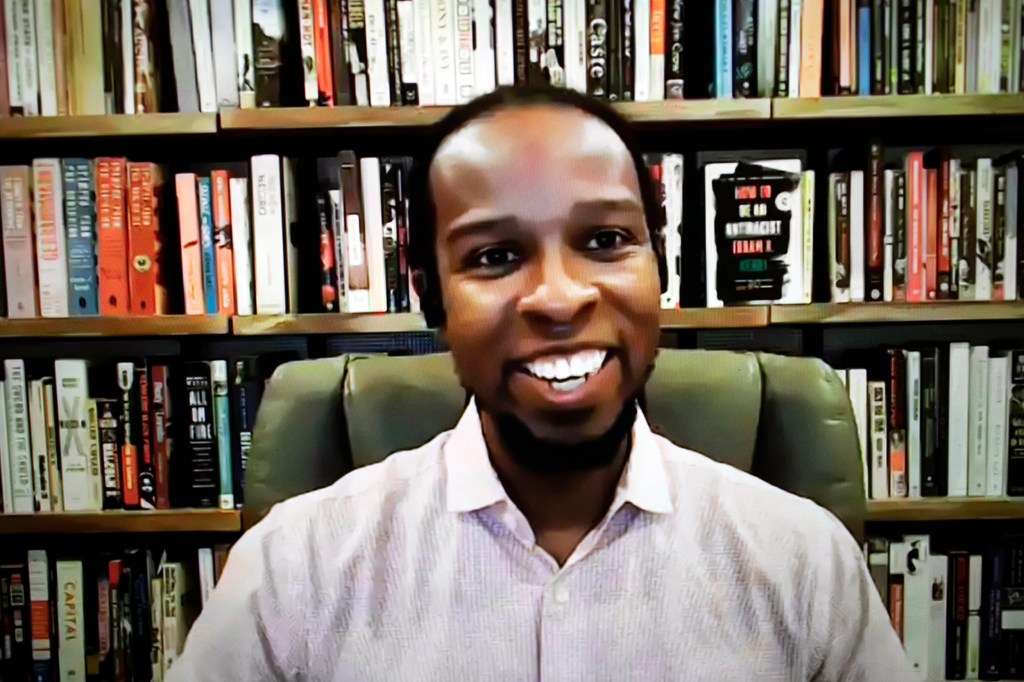
-
Building a more just society
“The Architecture of Democracy” examined how buildings, and their designers, contribute to the shape of our society.

-
COVID’s triple whammy for Black students
College students of color not only face a disproportionate risk of contracting COVID-19, they are particularly vulnerable to its psychological damage — especially when the longtime struggle against inequality and the current financial crisis are factored in, said speakers at a virtual Harvard forum.
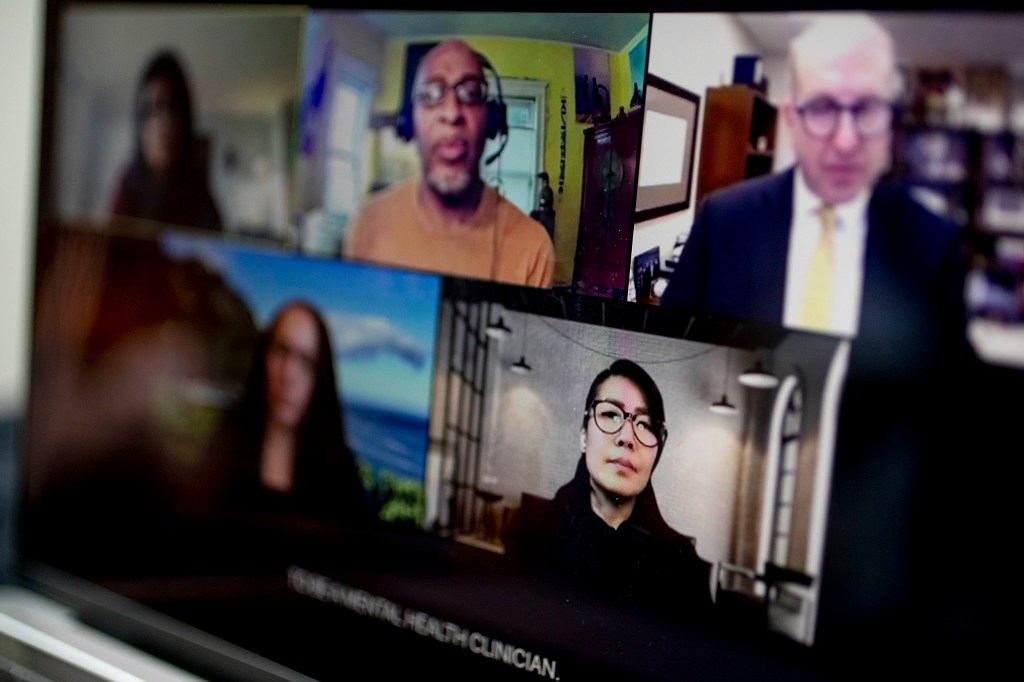
-
In the name of justice
In the battle against systemic racism, Harvard alumni chart different courses for change.

-
Lessons for leadership in a riven nation
Former governor Deval Patrick and scholars from various fields wrestle with ways to launch change.
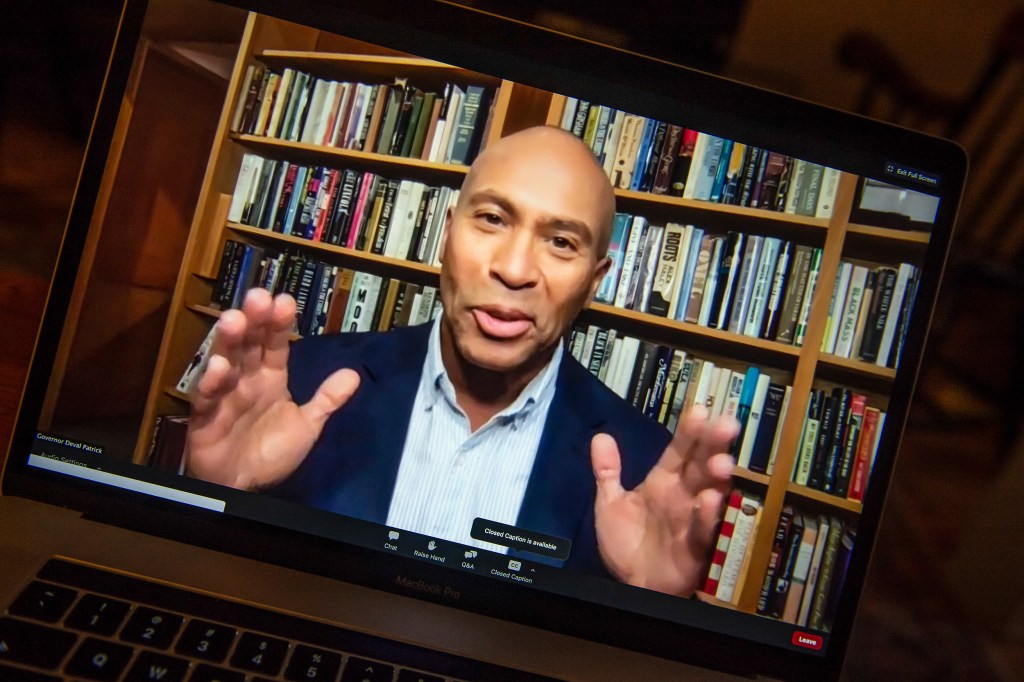
-
What to keep
Professors Ana Lucia Araujo of Howard University and Mame-Fatou Niang of Carnegie Mellon University discussed movements to remove or rebrand public memorials commemorating historical figures associated with slavery and colonialism during “Race and Remembrance in Contemporary Europe,” presented by the Minda de Gunzburg Center for European Studies.
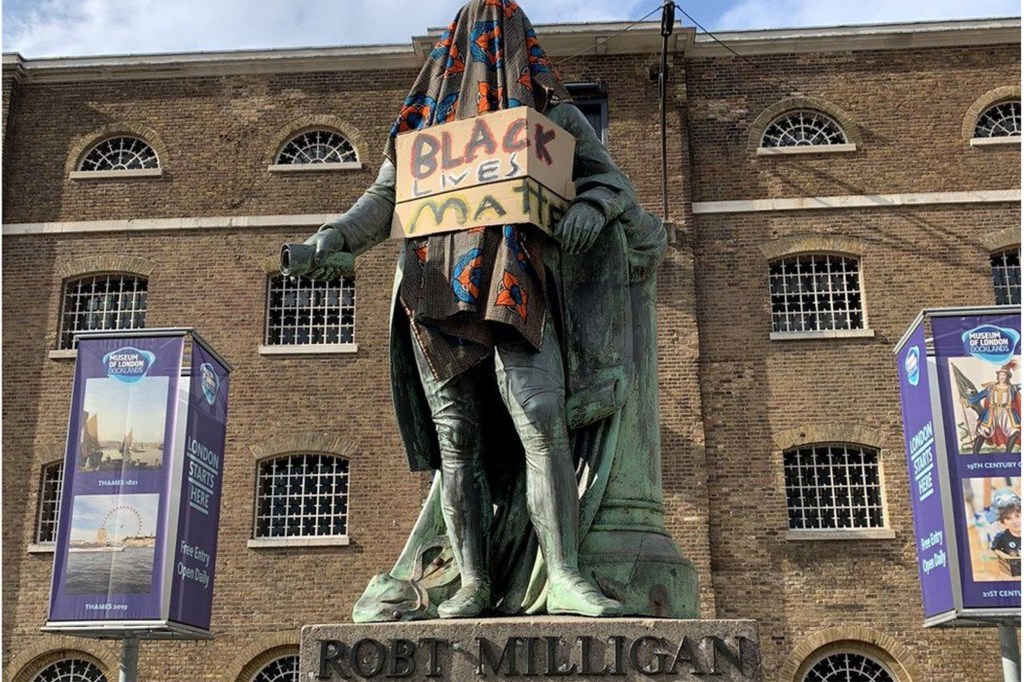
-
Harvard announces Committee to Articulate Principles on Renaming
Harvard President Larry Bacow has launched the Committee to Articulate Principles on Renaming to help guide consideration of questions about renaming campus buildings, spaces, programs, and professorships in view of their association with historical figures whose advocacy or support of activities would today be found abhorrent by members of the Harvard community.
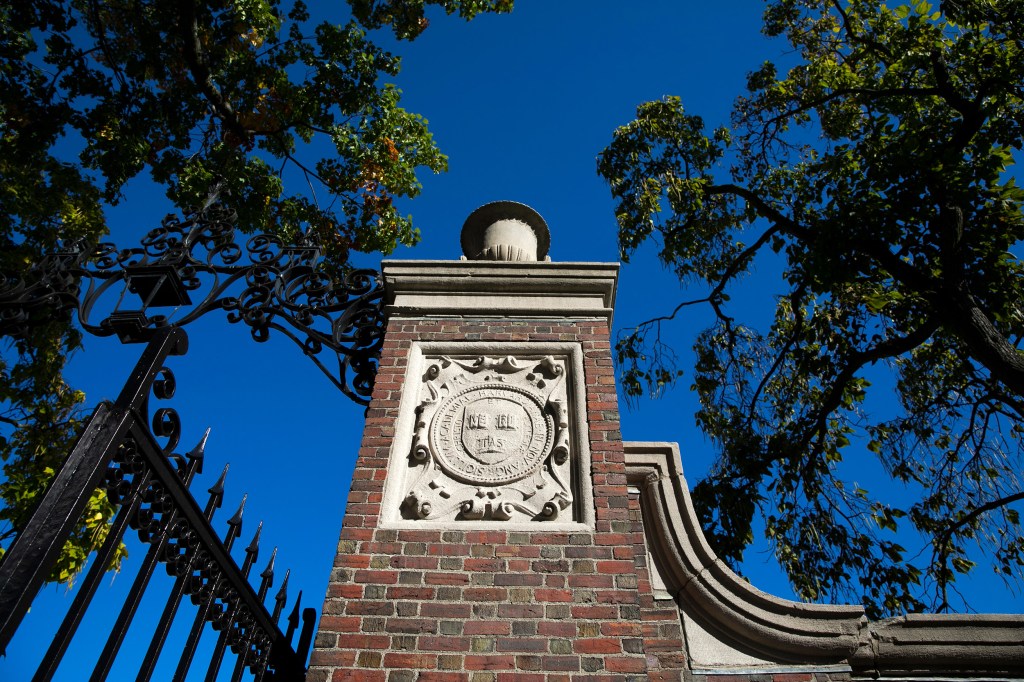
-
Salvaging another piece of Black history
A group of marine archaeologists, known as Diving with a Purpose, explore slave ship artifacts, bringing the untold stories they represent to light.

-
Initiative on legacy of slavery at Harvard picks up steam
Harvard and the Legacy of Slavery is a new research effort that will drive scholarship and dialogue around the history and enduring legacy of slavery at the University.
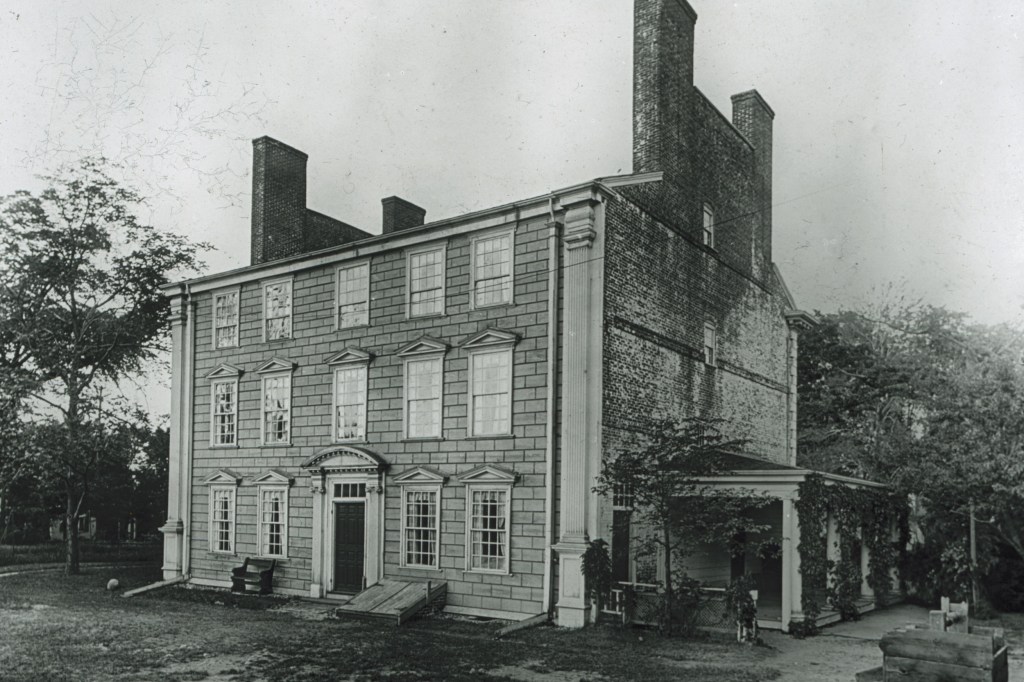
-
Backing art for justice
The Harvard University Committee on the Arts has awarded 12 activist artists with one-time, no-strings-attached honorariums of $2,000 and an open invitation to present at Harvard.
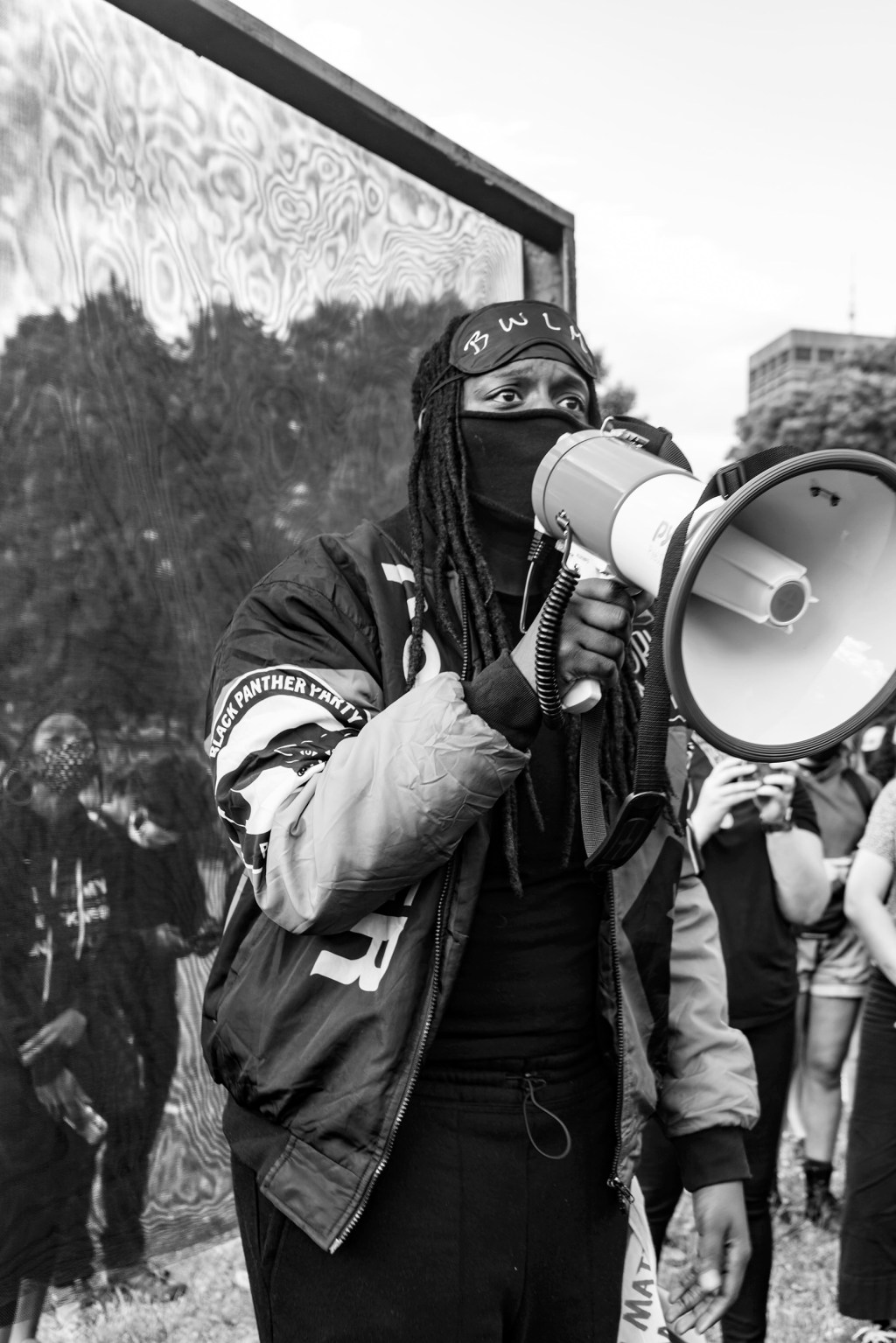
-
Setting measurable goals
The Gazette spoke with new Chief Diversity and Inclusion Officer Sherri Charleston to learn more about her first two months on the job.
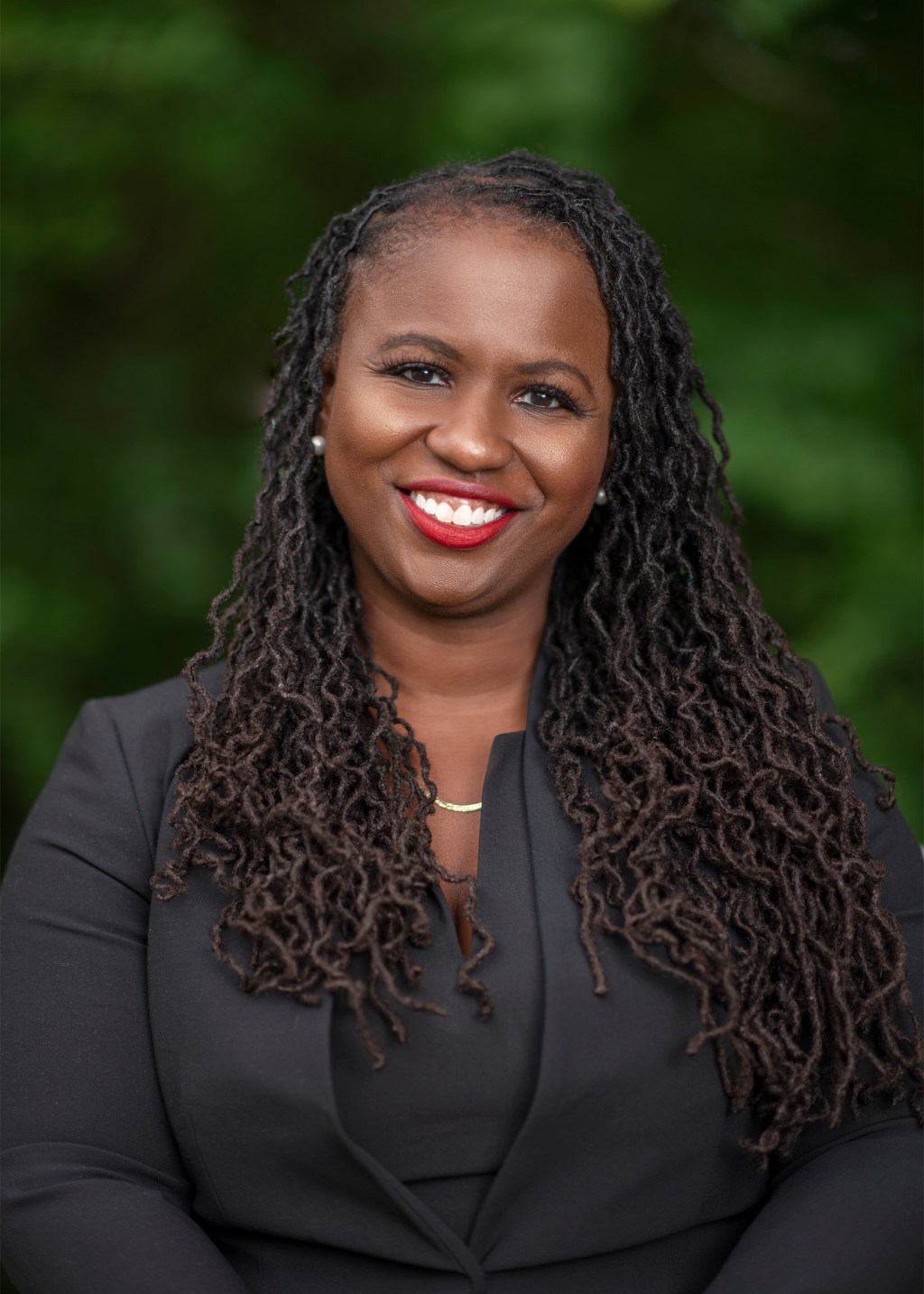
-
Exploring the North’s long history of slavery, scientific racism
“The Enduring Legacy of Slavery and Racism in the North” examined the role of slavery in the North through the 19th century and the influence of Agassiz and scientific racism.
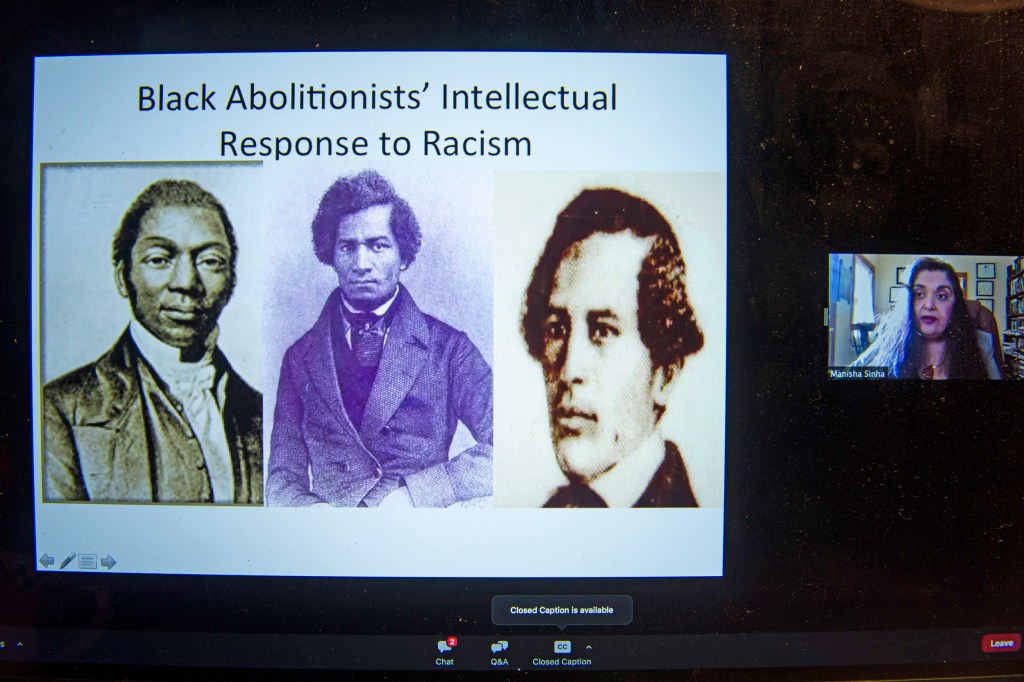
-
A day of reckoning
We ask members of the Harvard community: “Is this the end of Columbus Day and how can America best replace it?”
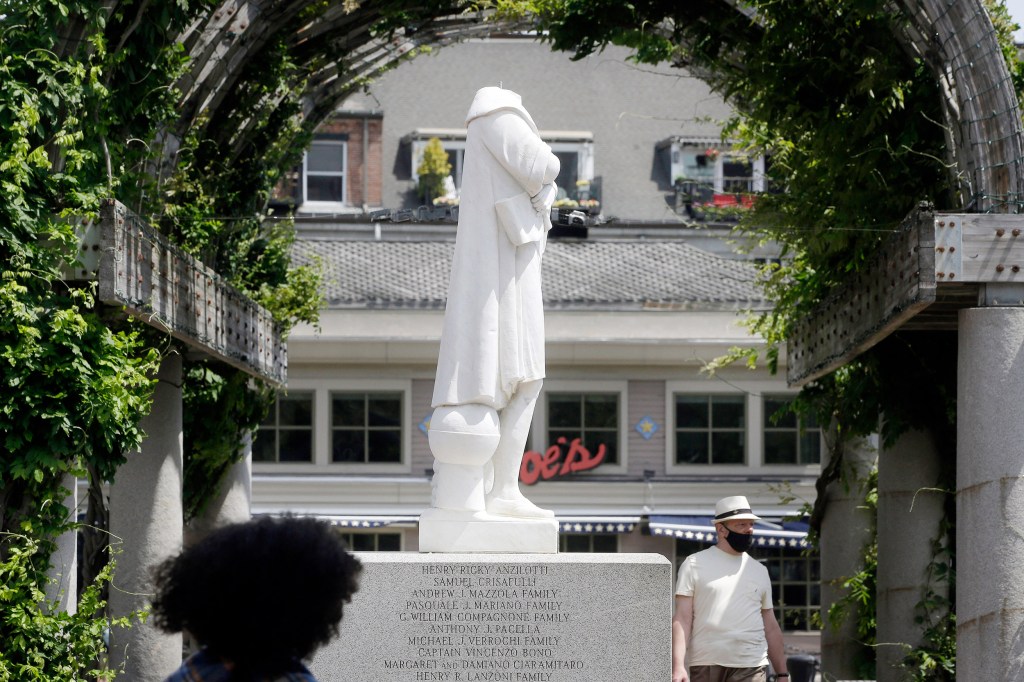
-
How to be an antiracist nonprofit or company
A Harvard Kennedy School research initiative that studies racial bias in the private sector will consider why diversity and inclusion efforts fail.
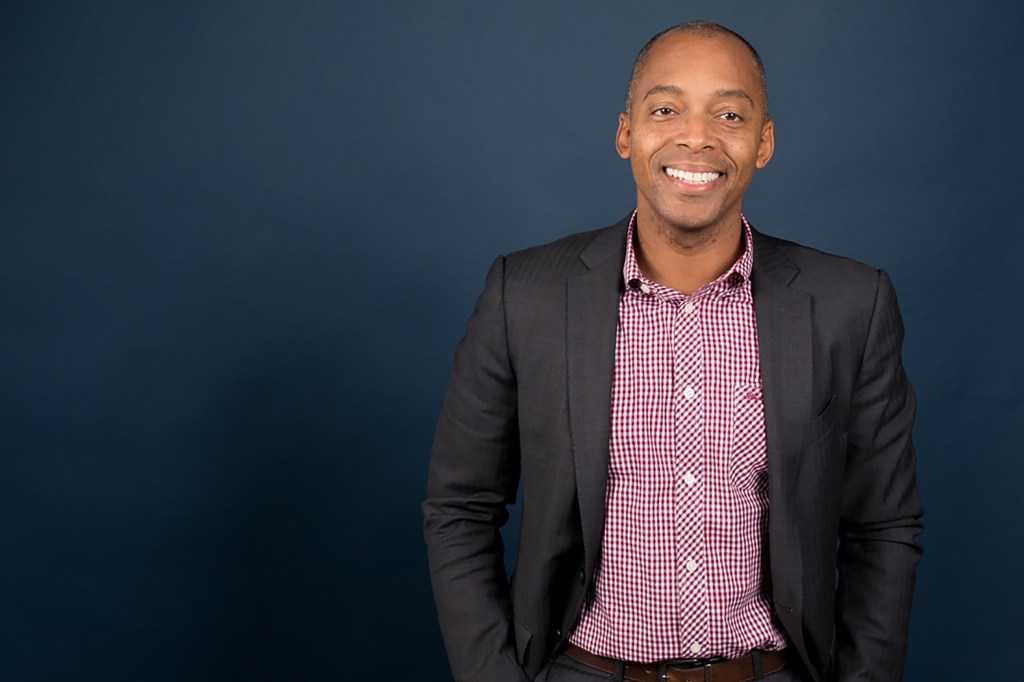
-
A classic play, a modern tragedy
On Oct. 2, the Theater of War will mount a digital performance of “Antigone in Ferguson,” sponsored by Harvard’s departments of Theater, Dance & Media and the Classics.
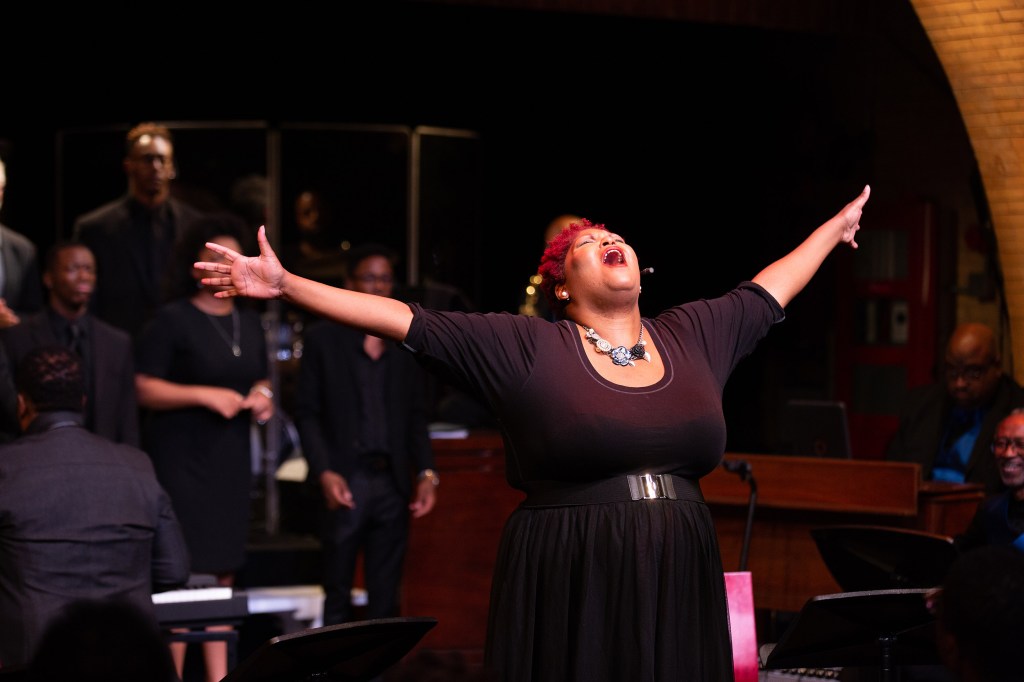
-
Winds of change
Holmes academic society renamed in honor of physician-scientist William Augustus Hinton.
